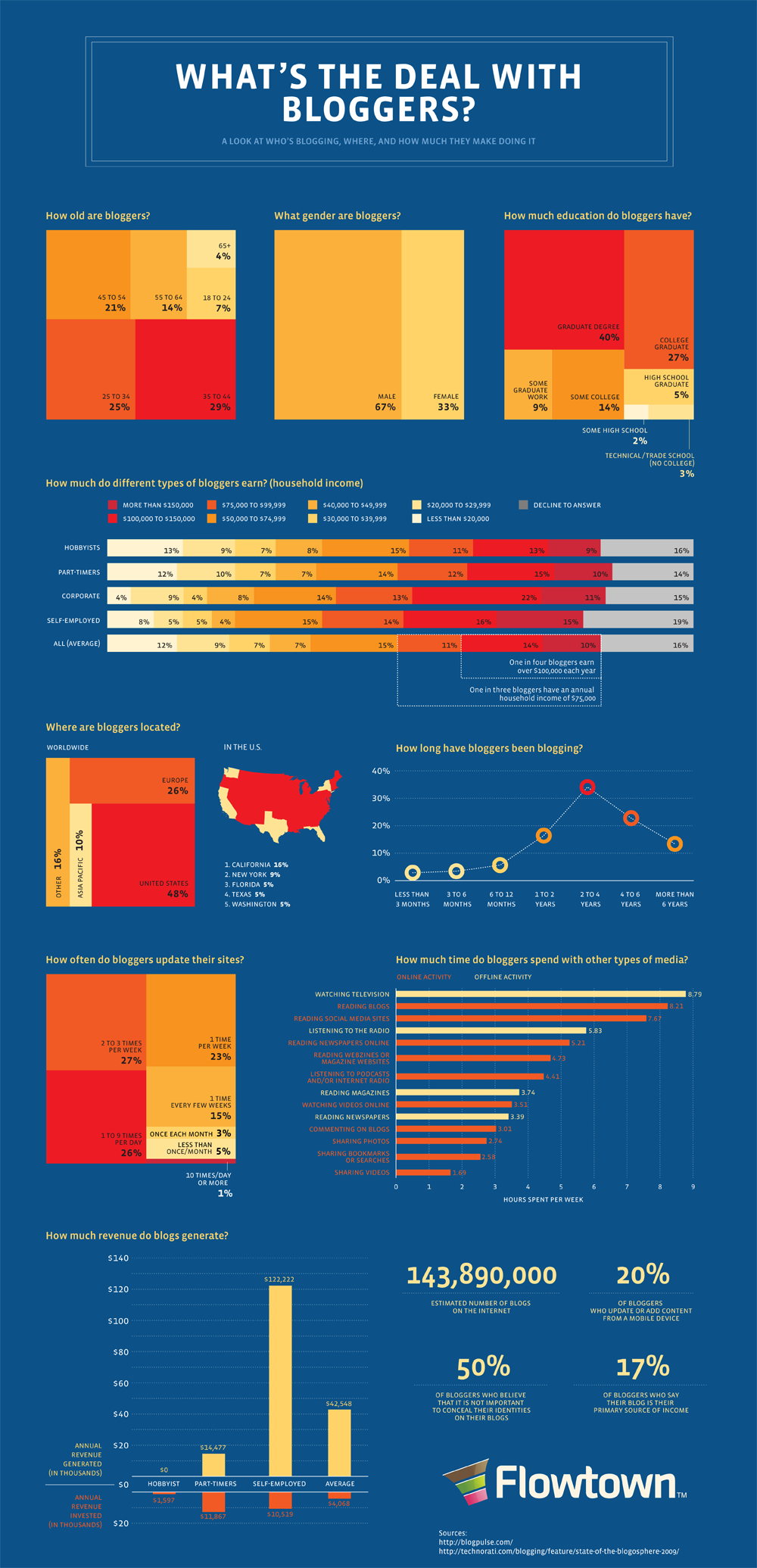Category: News
How to Adapt Lessons to Common Core State Standards
 Common Core standards–adopted in 46 states[/caption]
Common Core standards–adopted in 46 states[/caption]
Common Core State Standards, proposed by the National Board of Governors and adopted by 46 states to date, provide a consistent, clear understanding of what students are expected to learn in the critical areas of math, science, language, reading, writing, so teachers and parents know what they need to do to help them. The standards are designed to be robust and relevant to the real world, reflecting the knowledge and skills that our young people need for success in college and careers. With American students fully prepared for the future, our communities will be best positioned to compete successfully in the global economy.
They don’t specifically mention technology as a separate subject, but assume technology will support the teaching of math, science, reading, language, and writing. Last week, I discussed CCSS in general. This week–here are a few of the specific elements that technology can address and examples of projects (not in any particular grade-level order):
Anchor Standards
College and Career Readiness Anchor Standards for Writing–Production and Distribution of Writing–6. Use technology, including the Internet, to produce and publish writing and to interact and collaborate with others.
Share this:
Ed-Tech Readers’ Choice Awards
 2012-13 Ed Tech Readers Choice Award[/caption]
2012-13 Ed Tech Readers Choice Award[/caption]
If you are inspired to nominate the Structured Learning K-6 curriculum for the 2012-2013
Ed-Tech Readers’ Choice Awards, please let me know. SL is offering a wonderful prize over on their website for those so motivated (a free tech book of your choice)!
Here’s the contest blurb:
Have you had success with a particular ed-tech product or service? Want to recognize that product and share your success with your colleagues? Then nominate your favorite product(s) for our 2012-2013 Ed-Tech Reader’s Choice Awards from eSchool Media.
Nominations can include hardware, software, or online services in any area of educational technology. Please include the name of the product or service, the company that provides it, and a brief but detailed description (no more than 200 words) telling us how you use the product or service and how it has benefitted your college, university, school, school district, classroom, teachers, students, or its community. (The more specifics you can provide, the better—for example, “We’ve used X in our fourth-grade classes for the past two years, and scores on our state reading exam have improved by 30 percent…”)
IMPORTANT: Each nomination must be accompanied by a valid school eMail address.
How It Helps
1. Support your colleagues by pointing out ed-tech products and services that are relevant, beneficial, efficient, and cost-effective.
2. Give top-flight products and services the national recognition they deserve.
3. Encourage ed-tech vendors to produce more high-quality products and service for education.
Jacqui Murray has been teaching K-18 technology for 30 years. She is the editor/author of over a hundred tech ed resources including a K-12 technology curriculum, K-8 keyboard curriculum, K-8 Digital Citizenship curriculum. She is an adjunct professor in tech ed, Master Teacher, webmaster for four blogs, an Amazon Vine Voice, CSTA presentation reviewer, freelance journalist on tech ed topics, contributor to NEA Today, and author of the tech thrillers, To Hunt a Sub and Twenty-four Days. You can find her resources at Structured Learning.
Share this:
Solid Education Option: Homeschooling
Great article on Fox News about the success of homeschooling…
Educating Our Children: The Evolution of Home Schooling
Anne Gebhardt’s kids are learning about geography — in her dining room in Bedford, Texas. It’s not your typical schoolhouse, but it’s one that Gebhardt says is serving her six children well. “We can teach our religious values to our children freely,” says Gebhardt. “We can teach anything that we want.”
Gebhardt is part of a growing trend. Across the county, an estimated 1.5 million children are home schooled and that number’s growing. In the span of eight years, home schooling has grown nationally by almost 75 percent. (more…)
Share this:
What’s it Like to Be a Blogger?
Do you ever wonder who would sit in front of a computer and post articles, day after day, week after week, with no idea how many people are reading them or if they’ll ever make any money doing this? Are they frustrated journalists? Desperate housewives? Just plain bored and in need of a platform?
I’ve got the answers for you. I write five blogs as well as columns for this newspaper and Technology Integration in Education. I’m not paid for any of them (not a salary as a corporate blogger is), yet I happily do it. My reasons are varied, but I’ve been at it for several years, so it seems to be more than a passing fad. Here’s the breakdown:
Here’s the breakdown:
- If you blog, you’re probably 35-45, or in a broader sense, 25-55 (check for me) (more…)
Share this:
Which Social Media Should Be Allowed in Schools?
Social networks dominated by Facebook now account for 22.7 percent of the hours spent in front of a computer, a leap of 43 percent over last year’s figures.
 According to the Neilson Co. report, the shift to social networks for communication caused a precipitous drop in email and instant messaging. Time spent emailing was down 28 percent and instant messaging dropped 15 percent.
According to the Neilson Co. report, the shift to social networks for communication caused a precipitous drop in email and instant messaging. Time spent emailing was down 28 percent and instant messaging dropped 15 percent.
If you don’t know what all the social networking stuff is, check out these two YouTube videos. They explain social networking in Plain English.
The question for schools is, how much of this should be let into the education environment. It’s way beyond the internet now. We’re talking about:
- YouTube
- internet access to email
These are all banned at my school. Yet, these are the sites that have kids excited about learning–excited about technology. So what are we doing? We’re cutting off the most effective avenue for keeping students interested in school because we’re afraid of them. (more…)
Share this:
Does Homeschooling Work? Yes
Homeschooled Children Continue Outperforming Their Public School Counterparts as
Homeschooling Increases in Popularity
In America, there was a time when the idea of homeschooling raised eyebrows of concern and could result in a visit from social services. A lack of trust by the government and public in general in a parent’s ability to educate their own children made homeschooling a bit of a stigma.
Even today in some circles, there are still many “old school” thinkers that go so far as to say that homeschooling is tantamount to deliberate child abuse. As ridiculous as that sounds to most of us, overcoming such ignorance has been a problem for some parents looking into homeschooling.
Overseas, it can be much worse. Homeschooling is illegal in Germany, a law instituted under Hitler and still enforced today. German families who choose to home school must do so in secret and run the risk of arrest; or worse, having the state take their children away.
Performance of home schools versus public and private schools
It doesn’t take much effort or investigation to discover that homeschoolers excel above their public school counter parts in nearly every category. According to a study conducted by Dr. Lawrence Rudner:
• The average home schooled 8th grade student performs four grade levels above the national average.
• One in four home school students are enrolled in a grade level that is above their age level.
• In every grade and in every subject, home schooled students outperform both public and private school students.
Other studies confirm these findings, showing that home schooled students have a much higher college entry rate, score higher on SAT’s and ACT’s, have a higher rate of college graduation, and earn higher incomes in the workforce.
Share this:
Homeschool Day at the Getty–2010
Looking for tech for your homeschool? Try this Homeschool Survival Kit.
Jacqui Murray has been teaching K-18 technology for 30 years. She is the editor/author of over a hundred tech ed resources including a K-12 technology curriculum, K-8 keyboard curriculum, K-8 Digital Citizenship curriculum. She is an adjunct professor in tech ed, Master Teacher, webmaster for four blogs, an Amazon Vine Voice, CSTA presentation reviewer, freelance journalist on tech ed topics, contributor to NEA Today, and author of the tech thrillers, To Hunt a Sub and Twenty-four Days. You can find her resources at Structured Learning.





































